Supporting the Struggling Reader: Dyslexia in the Prepared Environment
In this 4-part series, Gina Polly Applegate (C-SLDS, FIT/OGA) will guide teachers, administrators, and specialists through an overview of dyslexia, including how to screen for it, identify students who may be at risk, and support them in the classroom. The series will take a closer look at key areas of literacy, including phonological awareness, phonics, morphology, oral reading fluency, spelling, writing, and editing. You will leave with strategies that are essential for students with dyslexia and beneficial for all learners.
Session 3: Spelling, Writing, Editing
To sound out a word in order to spell it accurately, a child needs to have had practice with phonological awareness and phonics. Additionally, the need to work with PuzzleWords does not end in Children’s House. Elementary children also need much practice with high frequency, non-phonetic words both for reading and spelling. In this session, we will explore ways to support organic and independent spelling practice, guide dyslexic children in sentence expansion and later paragraph expansion, incorporate dictation across the different areas of the classroom, and help students learn to edit their own written work.
Gina Polly Applegate is a 6-12 AMI-trained guide with over 20 years of experience working in AMI schools as both a lower el guide and upper el guide as well as an administrator. She is a Certified Structured Literacy Dyslexia Specialist (C-SLDS) through the Center for Effective Reading, an affiliate of the International Dyslexia Association as well as a Fellow-in-Training with The Orton-Gillingham Academy (FIT/OGA). She currently works at Austin Montessori School as the Director of Inclusion and Support and is an elementary consultant for AMI/USA. She became passionate about supporting children with dyslexia in Montessori after her youngest son was diagnosed with dyslexia.

